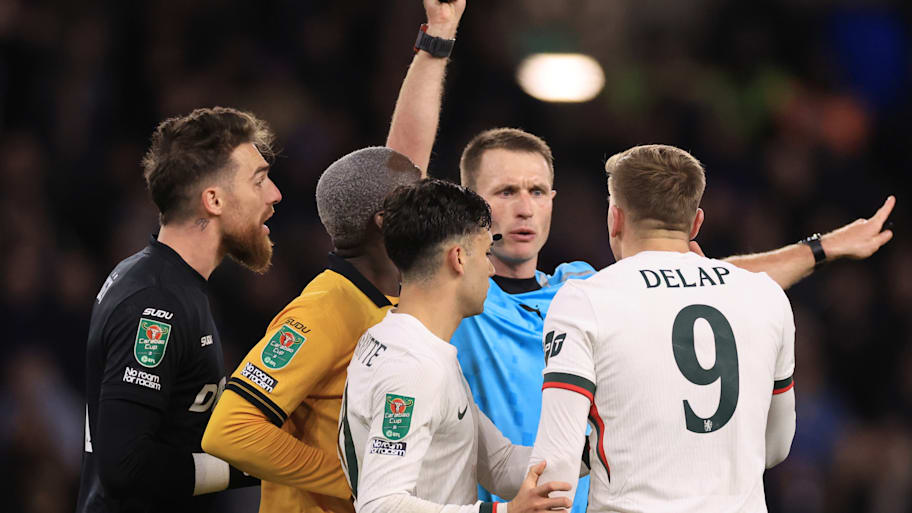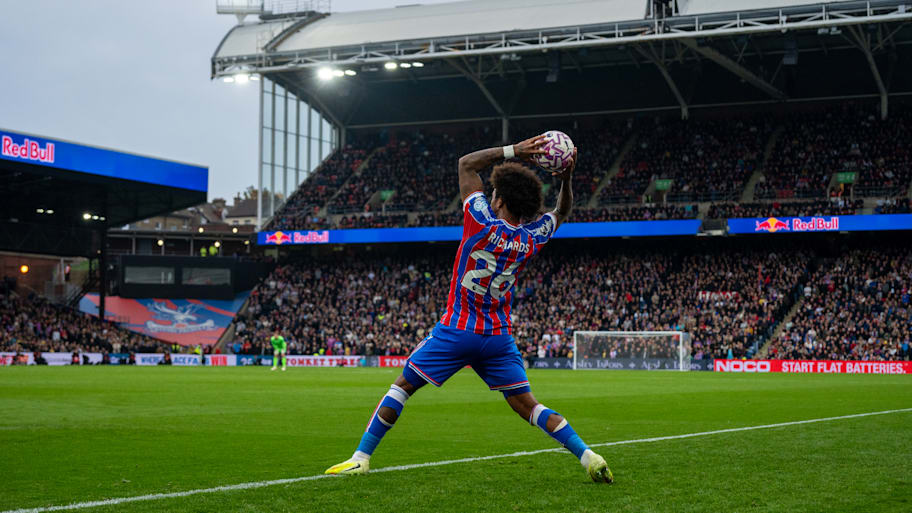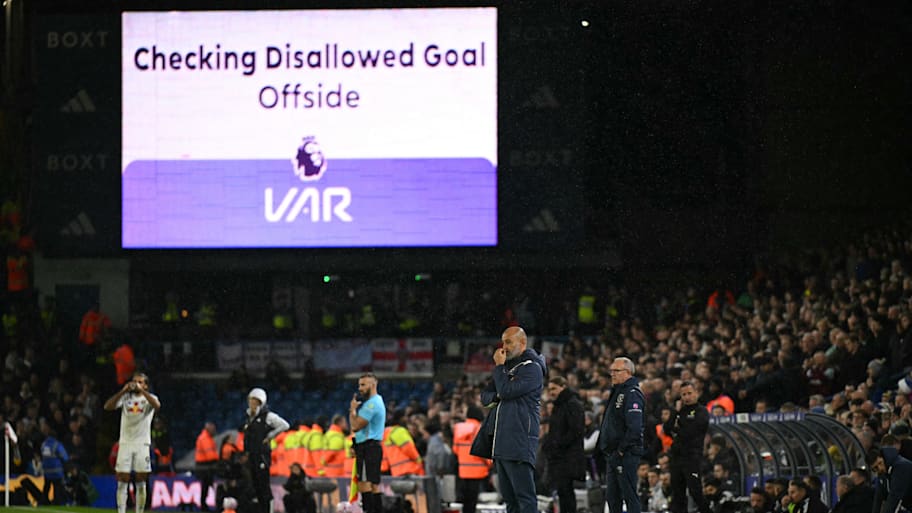Soccer’s lawmakers are reportedly considering extending the powers of video assistant referees (VAR), a move which would ensure that the influence of the sport’s most divisive decision-makers falls under even more scrutiny.
When VAR was introduced ahead of the 2018 World Cup, it was given the specifically vague brief of only ruling on “clear and obvious” errors in relation to:
- Goal/no goal
- Penalty/no penalty
- Direct red card
- Mistaken identity
As outlined by IFAB, the International Football Association Board, VAR cannot intervene on second yellow cards which lead to a sending off. The organization’s advisory panel discussed the prospect of changing this during a regular review meeting this week,
It remains to be seen if this suggestion will escape the realm of theory and be put into practice at this summer’s World Cup. An official proposal is expected to be submitted ahead of IFAB’s Annual Business Meeting in January.
Appeals to bring second yellow cards under the remit of VAR have been lodged since the system’s inception, it has been reported. However, Premier League referees chief Howard Webb tread a cautious line when discussing the prospect earlier this season.

“The message we get is ‘less is more’ with VAR, and we’ve done pretty well in aligning our delivery with that expectation,” Webb crowed to BBC Sport. “If the game, or the people involved, tell us that greater use would be better for the game, then of course I’d be open—but we need to think carefully about the consequences, the ripple effects.
“If you are talking about yellow cards that are delivered incorrectly, which could be impactful on the game, then you also have to think about wrongly not-issued yellow cards.
“I understand the impact of a wrongly awarded corner that's clearly wrong—easy to see on video—and the impact of a wrongly issued yellow card. But equally there’s also a feeling that VAR already exists to rectify clear errors in big situations, so we’ll have those discussions and make sure to consult with the English game as well.”
Battle Against Timewasting Rages On

IFAB have been battling soccer’s slowing game clock for years. Ahead of the 2025–26 campaign, the game’s lawmakers introduced a countdown measure to ensure that goalkeepers were only allowed to be in control of the ball for eight seconds. Referees have been advised to provide a visual five-second countdown by lowering a raised arm.
Burnley’s Martin Dúbravka became the first player in Premier League history to be counted out in an opening weekend defeat to Tottenham Hotspur, yet the law has scarcely been implemented in England’s top flight since. Nevertheless, IFAB claim this rule change has received “positive global feedback” and are considering stretching countdowns to other aspects of the sport.
Goal kicks and throw-ins could potentially be played out against a clock in the near future.
Throw-ins have come under particular scrutiny in England’s top flight this season. The importance of this set-piece scenario has swollen over the summer, with clubs increasingly willing to not only hurl the ball directly into the opposition box at any given opportunity, but take a great deal of time preparing for themselves for these setups.
Brentford, the Premier League’s chief exponents of the long-throw as Liverpool recently discovered, have spent more than 70 combined minutes preparing for throw-ins across the first nine games of the new season. The Bees represent an extreme, but it takes an average Premier League side more than 17 seconds to prepare for each throw-in.
The threat of a countdown could lower that ratio, at least in the first week after it has been introduced.
READ THE LATEST SOCCER NEWS, TRANSFER RUMORS AND MATCH REACTION
This article was originally published on www.si.com as Major Soccer Rule Changes Under Consideration Ahead of 2026 World Cup.
